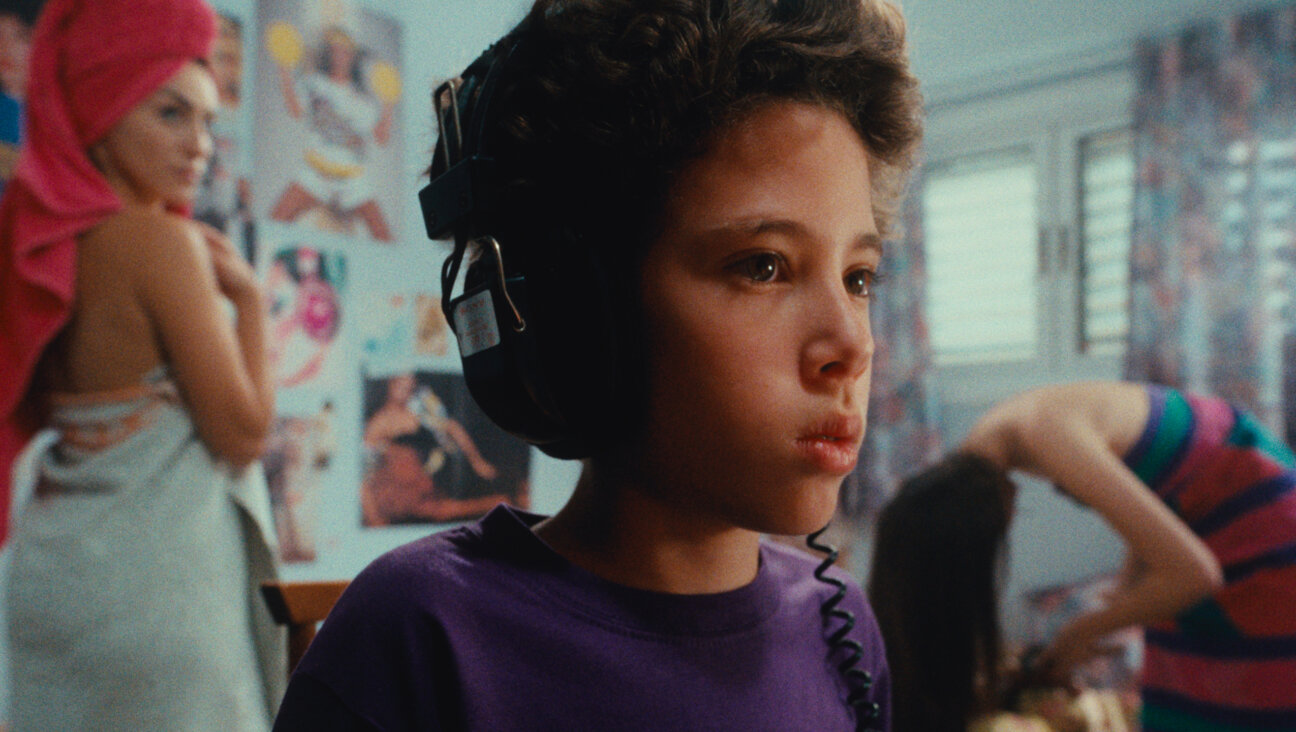When ‘All In The Family’ Took On The ‘Alt-Right’

All in the Family Image by Getty Images
‘All in the Family,” which ran from 1971 to 1979, may soon be rebooted. The show’s creator, 94-year-old Norman Lear, is in talks with Sony Pictures Television to bring back not only this show, but also a few other popular Lear sitcoms. The plan is to take actual scripts from the shows and remake them as six-episode anthologies using modern-day actors and directors. While no one could fill the shoes of the late Carroll O’Connor and Jean Stapleton as the bigoted blue-collar Republican antihero Archie Bunker and his good-natured but not-too-bright wife, Edith, a lot of the social issues touched on in the series are as relevant today as they were back in the ’70s.
Although I had seen several episodes of “All in the Family” that were of a serious nature, I was unaware of one that a friend told me about concerning a swastika, so I sought it out. If one dark episode can be in this anthology, I hope “Archie Is Branded” will be it.
The audience sees a swastika on the door before Archie does, and the reaction seems to be a mixture of frightened gasps and dumbfounded laughter. Though Archie dismisses it as a teenage prank, son-in-law Mike suspects it runs deeper. Then Edith discovers a note on the porch: “This swastika is just the beginning. We’ll be back.”
There is much hilarity in the first half of the episode: Edith asks Archie who did it and he replies, “The artist didn’t sign it”; Archie tries to cover the swastika with an American flag; the family frantically leaves their home because they hear ticking from a package — but the culprit is Edith’s oven timer.
When Paul Benjamin from the Hebrew Defense Association shows up, we discover the swastika was meant for a liberal Jewish activist who lives down the block. Paul offers to “protect” the family with his vigilante group. Fine with Archie, but his terrified daughter and son-in-law try to convince Paul that violence only begets violence. One of Paul’s men arrives and informs him that the terrorists know they had the wrong house — they are on their way to the right one. Before he leaves, Paul lets Mike know that even though he disagrees with him, he likes his chutzpah; he also tells him that someday he will realize that “this” is the only answer — and then he forms Mike’s hand into a fist. Mike counters by forming a fist with the other hand and saying that “this only gets you this.” Paul bids goodbye to the family with “Shalom.” A couple of minutes after he leaves, there is a loud explosion. The family runs to the door, and Archie, horrified, says: “That’s Paul. They blew him up in his car.” There is no applause from the live audience. Just dead silence. Then credits roll.
With swastikas being spray-painted on college campuses in California, and in subway stations and on synagogues in New York, this episode seems particularly timely. The Jewish Defense League — the real-life inspiration for the Hebrew Defense Association — was deemed a right-wing terrorist group by the FBI years ago. But with the election of Donald Trump, there has been a big push to resurrect it in the United States. Would the reboot of this particular episode change anything? Who knows? But we should promote awareness of how issues that were relevant in the 1970s are resurfacing. “All in the Family” has changed television before; hopefully it can do so again.
Teri Zucker is the Forward’s copy editor. Contact her at [email protected]
















